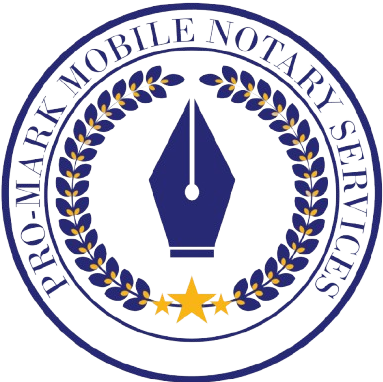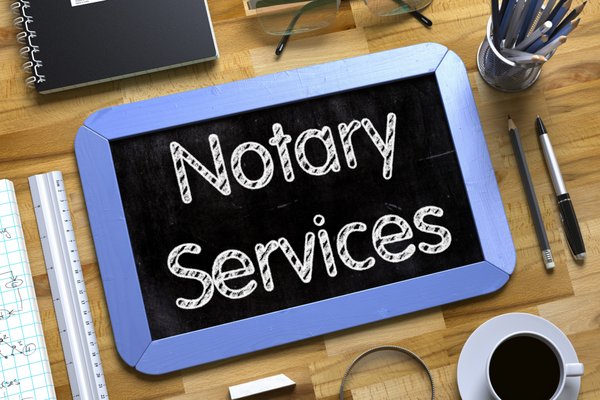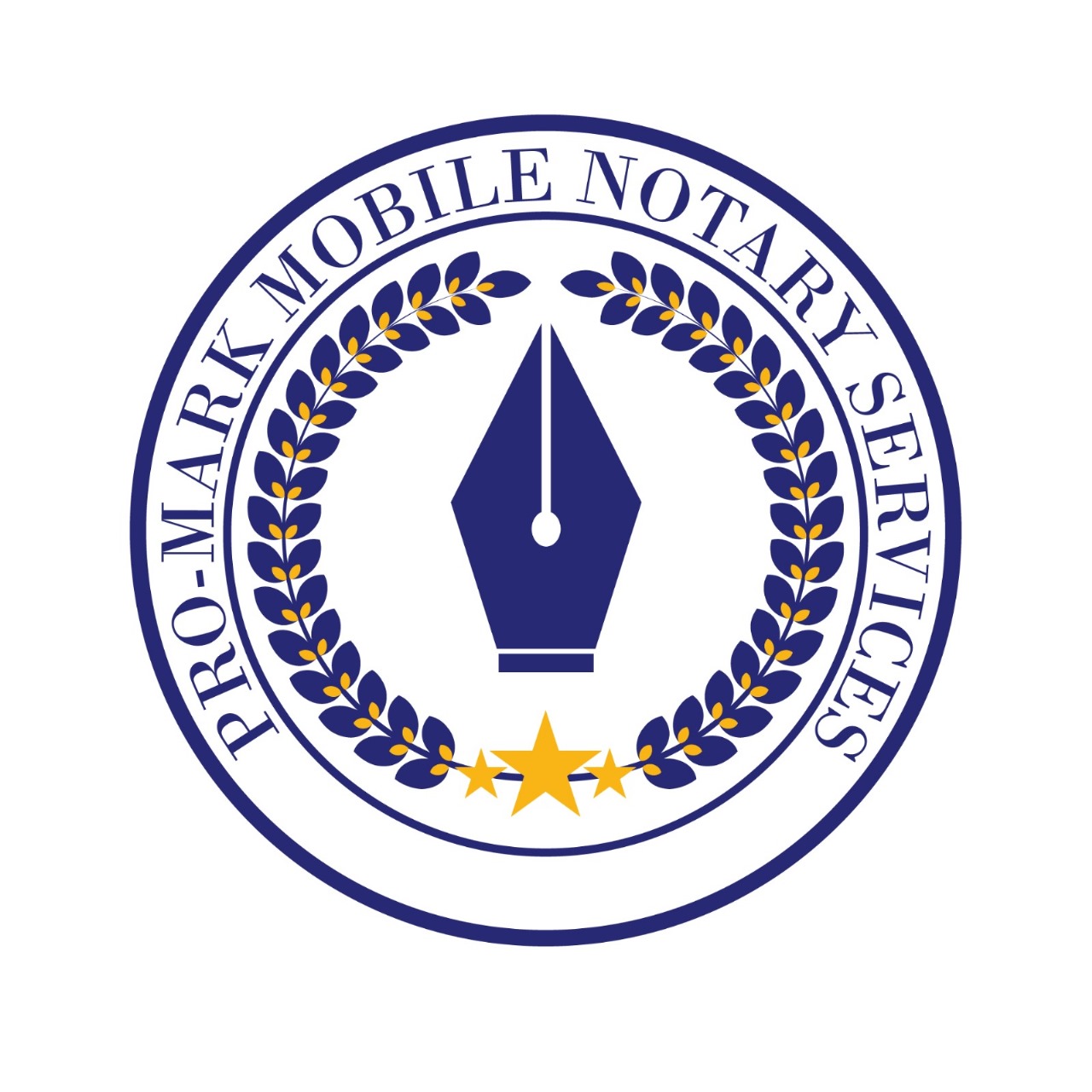A Notary Public in Edina is a vital figure in the legal system, often overlooked but crucial to many transactions and agreements. Whether you’re signing a legal document, purchasing a property, or entering into a contract, a notary public acts as an impartial witness to ensure the validity of the signing process. But what exactly is a notary public, and why might you need one?
In this blog, we’ll explore what a notary public is, the services they provide, and why their role is essential in various personal and business matters.
What is a Notary Public?
A Notary Public is a licensed public officer appointed by the government to serve as an impartial witness during the signing of important documents. Their primary role is to deter fraud by verifying the identity of signers, ensuring that all parties involved understand the contents of the document, and confirming that no one is signing under duress or coercion. Once the document is signed, the notary public will apply their official seal and signature, making the document legally binding.
Notaries public are recognized by law to perform specific official duties, including administering oaths, taking affidavits, and certifying documents. Their services are particularly critical in situations where the authenticity of the document or the identity of the signers must be unquestionable, such as in legal agreements, real estate transactions, and international contracts.

The Role of a Notary Public
The primary function of a notary public in Edina is to serve as an impartial third-party witness to ensure the legitimacy of documents and their signers. Their role extends beyond simply observing signatures; they also verify that all signers are who they claim to be and that they are signing the document willingly and without pressure.
A notary public typically performs the following duties:
1. Verifying the Identity of Signers
One of the key roles of a notary public is to verify the identity of the individuals involved in signing a document. This step is crucial in preventing fraud. Before notarizing a document, the notary public will ask to see identification, such as a passport, driver’s license, or government-issued ID, to ensure that the signer is indeed the person they claim to be.
2. Ensuring Willingness and Awareness
A notary public must ensure that all signers are of sound mind and are signing the document voluntarily, without coercion or undue influence. This is especially important in legal matters where contracts, wills, or power of attorney documents are involved. The notary public will ask each signer if they understand the contents of the document and if they are signing of their own free will.
3. Witnessing the Signing of Documents
Once the identities of the signers have been verified and their willingness to sign is confirmed, the notary public will witness the signing of the document. This involves watching each party sign the document in person, ensuring that the signatures are authentic.
4. Applying the Notary Seal
After the document is signed, the notary public will affix their official seal or stamp to the document. This seal serves as an indication that the document has been notarized and that the notary has verified the identity of the signers, their willingness, and the authenticity of the signature. The seal is a critical part of the notarization process, as it adds an additional layer of legal protection to the document.
5. Administering Oaths and Affirmations
In addition to witnessing signatures, a notary public may also administer oaths and affirmations. This is commonly required when individuals are making sworn statements or affidavits, which are written declarations made under oath. The notary public will ask the person to swear or affirm that the information in the affidavit is true before signing it.
When Might You Need a Notary Public?
You may need the services of a Notary Public in several instances, both in personal and business matters. Here are some common scenarios where their services are required:
1. Real Estate Transactions
Real estate transactions often involve large sums of money and legal agreements between buyers, sellers, and lenders. Documents such as deeds, mortgage agreements, and title transfers must be notarized to ensure their validity. A notary public helps to prevent fraud in real estate deals by verifying the identities of the parties involved and ensuring that all signatures are genuine and voluntary.
2. Wills and Power of Attorney
Wills and power of attorney documents require notarization to ensure that the individuals signing them are of sound mind and are making these decisions voluntarily. Notarizing these documents helps to prevent disputes later on, as the notary’s involvement ensures that the signer understood the terms and was not coerced into signing.
3. Contracts and Agreements
Many business contracts and agreements must be notarized to be legally binding. This is particularly true for contracts that involve large sums of money, long-term commitments, or international transactions. A notary public ensures that all parties are who they claim to be and that they fully understand the terms of the contract before signing.
4. Affidavits and Sworn Statements
An affidavit is a written statement made under oath, often used as evidence in court cases or legal proceedings. A notary public is required to administer the oath and witness the signing of the affidavit. By notarizing an affidavit, the notary ensures that the statement was made under oath and that the signer is accountable for the truthfulness of their declaration.
5. International Documents
When dealing with international contracts or legal matters, many countries require that documents be notarized before they are considered legally valid. Notarization helps ensure that the document meets the legal standards of both countries involved and can be accepted by foreign authorities.
6. Business Licensing and Certifications
In some industries, businesses must have certain licenses or certifications notarized to operate legally. A notary public helps businesses ensure that their licensing paperwork is correctly signed and witnessed, preventing delays or complications in the licensing process.
Why is a Notary Public Important?
The importance of a notary public lies in their ability to prevent fraud and ensure the authenticity of legal documents. By verifying the identity of signers and witnessing the signing process, a notary public provides an extra layer of protection for both individuals and businesses.
Here are some key reasons why notaries are important:
- Preventing Fraud: By verifying the identity of signers, notaries help to prevent impersonation and identity theft.
- Ensuring Legal Compliance: Certain documents must be notarized to be legally enforceable. Without notarization, these documents could be challenged or considered invalid.
- Providing Peace of Mind: Notarization assures all parties involved that the document is genuine, properly executed, and legally binding.
Final Words
A Notary Public in Edina, MN plays a critical role in ensuring the authenticity and integrity of legal documents. Whether you are dealing with real estate, business contracts, or personal legal matters like wills, the services of a notary public are essential for preventing fraud and ensuring that your documents are legally valid. By understanding the role of a notary public and when you might need one, you can protect your interests and avoid potential legal disputes.


